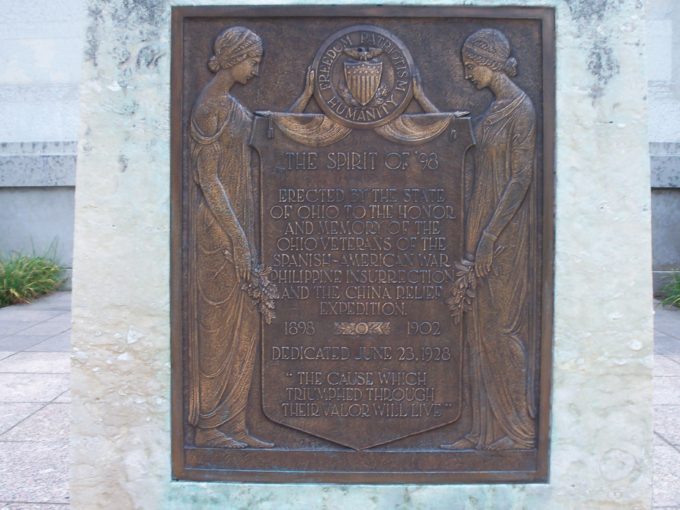
Wednesday, 8 January 2019
…to knowledge self-control, to self-control perseverance, to perseverance godliness, 2 Peter 1:6
Peter continues to provide instruction for the believer who has been called by God. This calling holds the promises he outlined in the preceding verses. To ensure those promises are not forgotten, he continues his list with supplying “to knowledge self-control.”
Through reading and studying the Bible, through proper theological training, and through other such endeavors, knowledge is increased. From there, Peter says to supply to that reservoir “self-control.” The Greek word signifies dominion within. HELPS Word Studies says it is “proceeding out from within oneself, but not by oneself.” Thus, it is that which comes by the power of the Lord. Charles Ellicott says of this, “In other words, your discerning between good and evil must lead to avoiding the evil and choosing the good.”
Just because one obtains knowledge, it does not mean that he will rightly apply it. A person may be a great theologian, and yet he may be a pervert. Therefore, one must supply to his knowledge this self-control. And then to that, he is to supply “perseverance.”
The thought is obvious. We all have fallen inclinations. If we have a tendency to overdrink, and we have knowledge from the word that this is wrong, then we must display self-control in that area. But it is not a one-time thing. Rather, it is to be an ongoing process. We are to persevere in our state of self-control. Vincent’s Word Studies says it is “the heroic, brave patience with which a Christian not only bears but contends.” A believer is to effect the necessary changes in his life, and then to remain in that state.
At this point of development, Peter then says that we are to supply “godliness.” This is a piety towards God. The particular Greek word is never ascribed to God, but rather to people who would emulate Him. It is piety or directing one’s attention toward God in reverence. It is the word used by Peter in verse 1:3 when he said that “His divine power has given to us all things that pertain to life and godliness.”
Because God has given us His divine power, then we are to appropriate that power to supply it to those characteristics which will cause us to increase in a proper way before God as we continue our lives before Him.
Peter will finish his list of these things in the next verse. After this, in verse 8, he will explain quite clearly why this must occur.
Life application: Self-control, restraining one’s temper, and guarding all of one’s physical appetites is basically the opposite of self-indulgence.
If we have knowledge without self-control, our knowledge would be useless. To understand it is wrong to over-indulge, but to do it anyway is to reject the knowledge. Then, as we exercise self-control, we supply to it perseverance.
This is a logical progression of thought. We have knowledge so let us use it to control ourselves; we have self-control, so let us exercise it continuously – with perseverance. Let us not falter from our self-control and step backwards, but rather we should heroically press on despite opposition of the world and of our own weak flesh. As we persevere, we work towards godliness.
Godliness is a condition of living a pious, devout, and holy existence. It would make no sense to desire this if we had no self-control. And even if we did at one point, unless we persevered in restraining our desires, we could never expect to live in a godly fashion.
As you can see, each step that Peter mentions must logically precede the following step as we march on toward living as God would have us live. Live for Christ; be filled with the Spirit of God; and press on in this attitude all the days of your lives!
O precious Savior, how hard it is to persevere in right conduct and self-control. You know, O Lord, our weaknesses both in temptation and in endurance. Strengthen us as we walk through this life of trial and testing. Grant us the supernatural ability to live as You would have us live. We ask this so that You will be glorified in us. Amen.




